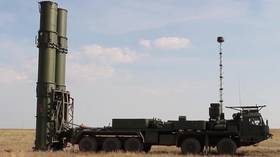Fracking well nearby? You’re more likely to suffer from heart disease – study
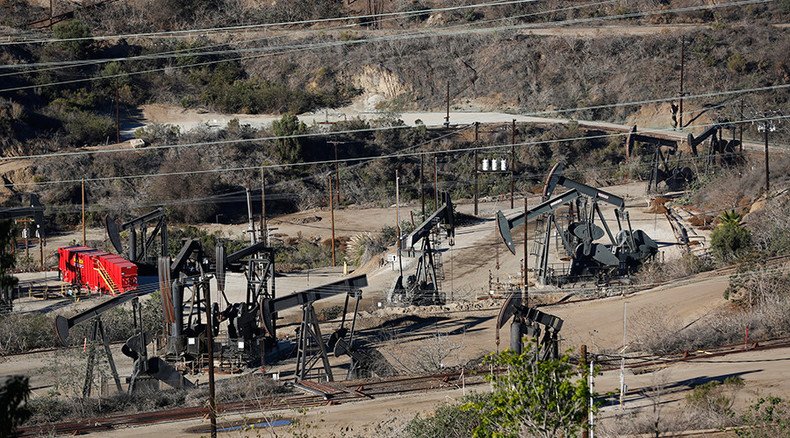
The increased number of hydraulic fracturing ‒ or fracking ‒ wells in an area is associated with rising hospital visits, researchers in Pennsylvania found. Cardiac hospitalizations were 27 percent higher in those locations over a five-year period.
Researchers from the University of Pennsylvania’s Perelman School of Medicine and Columbia University’s Mailman School of Public Health analyzed 95,000 inpatient records for over 198,000 hospitalizations in three northeastern Pennsylvania counties, making it "one of the most comprehensive to date to link health effects with hydraulic fracturing," the study’s authors said in a statement. They looked at both the prevalence rates within each zip code of 25 specific medical categories and of active fracking wells.
READ MORE: Tainted by fracking? Drilling chemicals found in Pennsylvania drinking water
Two of the three counties, Bradford and Susquehanna, had a high number of active fracking wells during the study’s 2007 to 2011 timespan, while Wayne, which has not introduced the practice, served as the control group. Wayne County has nearly identical age, race, education and income demographics as the other two.
"Bradford and Susquehanna, where there was a substantial increase in hydraulic fracturing and active wells, were associated with more cardiovascular hospitalizations as well as more neurologic," Penn Medicine researcher and study co-author Dr. Reynold Panettieri Jr. told the Morning Call. "The association was in proximity to the wells. The closer to active wells, the more Pennsylvanians are getting hospitalized for cardiovascular disease."
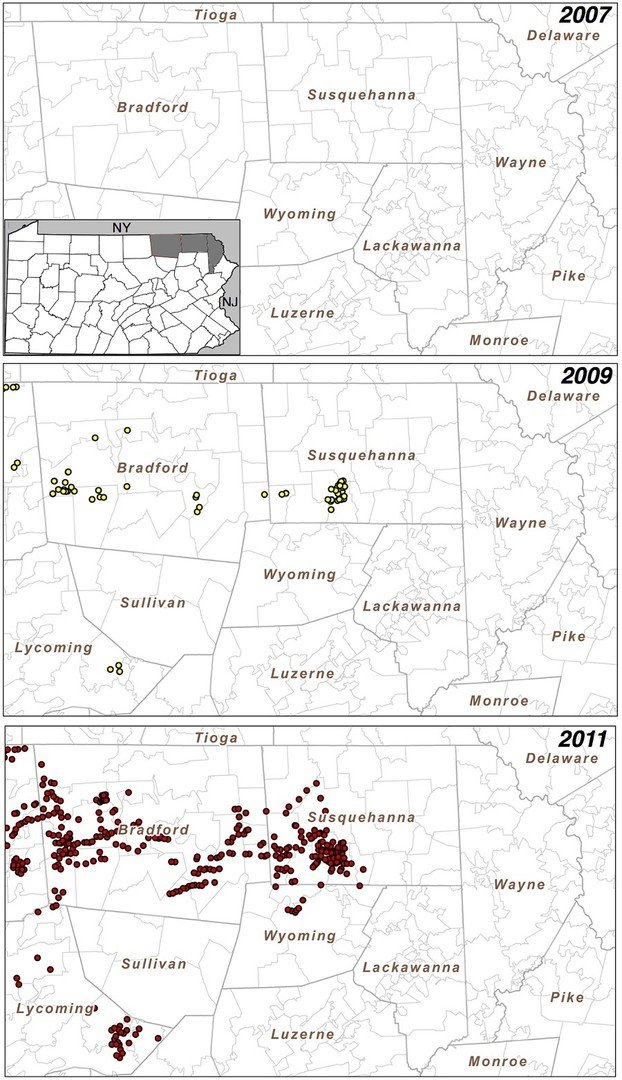
The study found that cardiology hospitalizations were most strongly associated with higher well counts in a zip code, but that dermatology, neonatology, neurology, oncology and urology visits were also linked to the number of wells.
Cardiology visits increased by 27 percent in Bradford and Susquehanna Counties, even while hospital admission rates decreased slightly or remained constant overall in those areas, a trend seen throughout the US.
“If a zip code went from having no wells to having between 0.17 to 0.79 wells/km2, we then would expect a 14% increase in cardiology inpatient prevalence rates for that zip code,” the authors wrote in their discussion. “Notably, 18 zip codes had greater than 0.79 wells/km2, primarily in 2010 and 2011, indicating that each of these zip codes could have had an excess of 27% in cardiology inpatient prevalence rates for each year they had greater than 0.79 wells/km2.”
READ MORE: Fracking may cause higher risk of cancer – study
The study didn’t go into the specific link between gas industry activities in the counties and the residents’ ailments, but Panettieri believes it’s a logical connection.
"Those make sense if there's a lot of diesel exhaust, noise and social stress," he said. "Hydraulic fracturing changes the complexion of the town because of the number of people coming through the town, the idling trucks and the noise."
The increased noise, he told the Philadelphia Inquirer, may have disrupted people’s sleep, leading to the rise in number of cases of hypertension and heart disease.
"This study was somewhat surprising to us because we didn't have any preconceived notion ‒ we were proving or disproving a relation between hospital visits and fracking," Panettieri told Vice News.
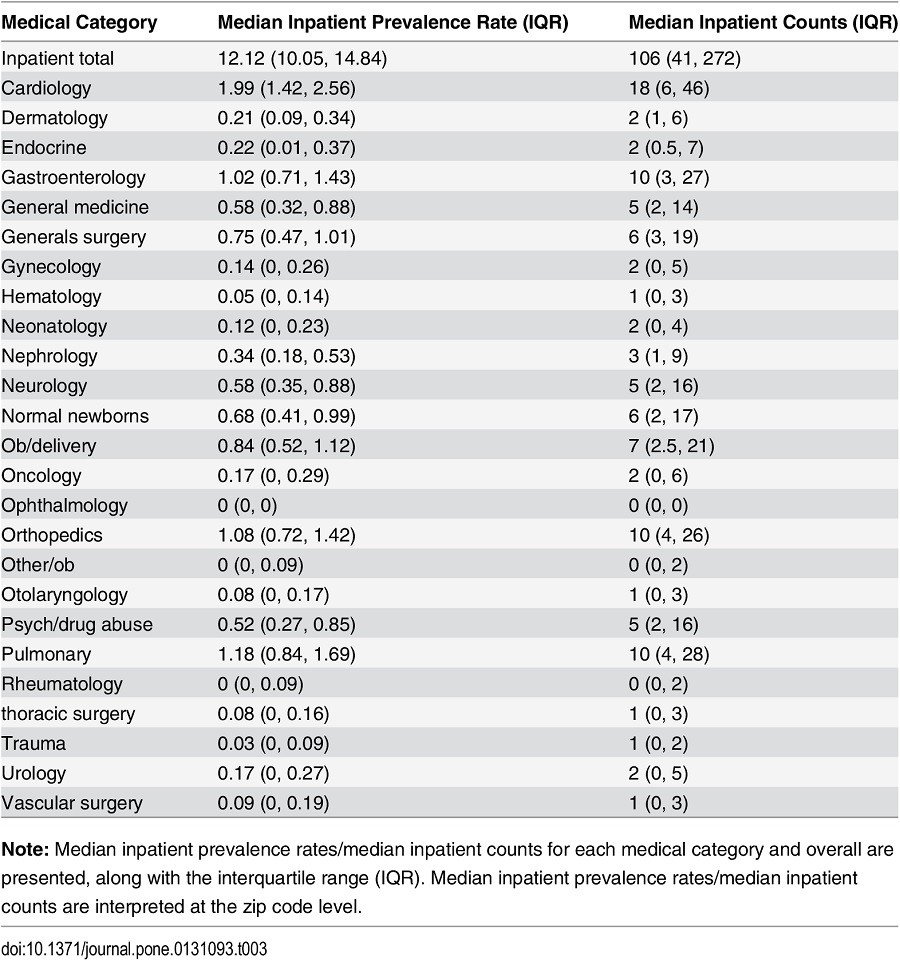
It is impossible to ethically conduct a study to prove that fracking definitively causes health issues, however, because it would require exposing one group of people to what is believed to be a known risk. What this study did – observing populations looking for correlations – is the closest that researchers can come, Lisa Davis, director of the Pennsylvania Office of Rural Health, told the Philadelphia Inquirer.
But, she added, the lack of a state health registry makes it difficult to do even that.
The study’s authors purchased inpatient discharge datasets from the Pennsylvania Health Care Cost Containment Council for their research, they said.
READ MORE: EPA finds no ‘widespread, systemic’ danger to water from fracking
The researchers hope that further study will help determine how specific, individual toxicants or combinations may increase hospitalization rates.
“Our findings provide important clues to design epidemiological studies to associate specific toxicant exposures with health end-points,” Panettieri said in the statement.
Other researchers involved with similar studies hope that this one will add to the mounting evidence that fracking is dangerous to nearby populations.
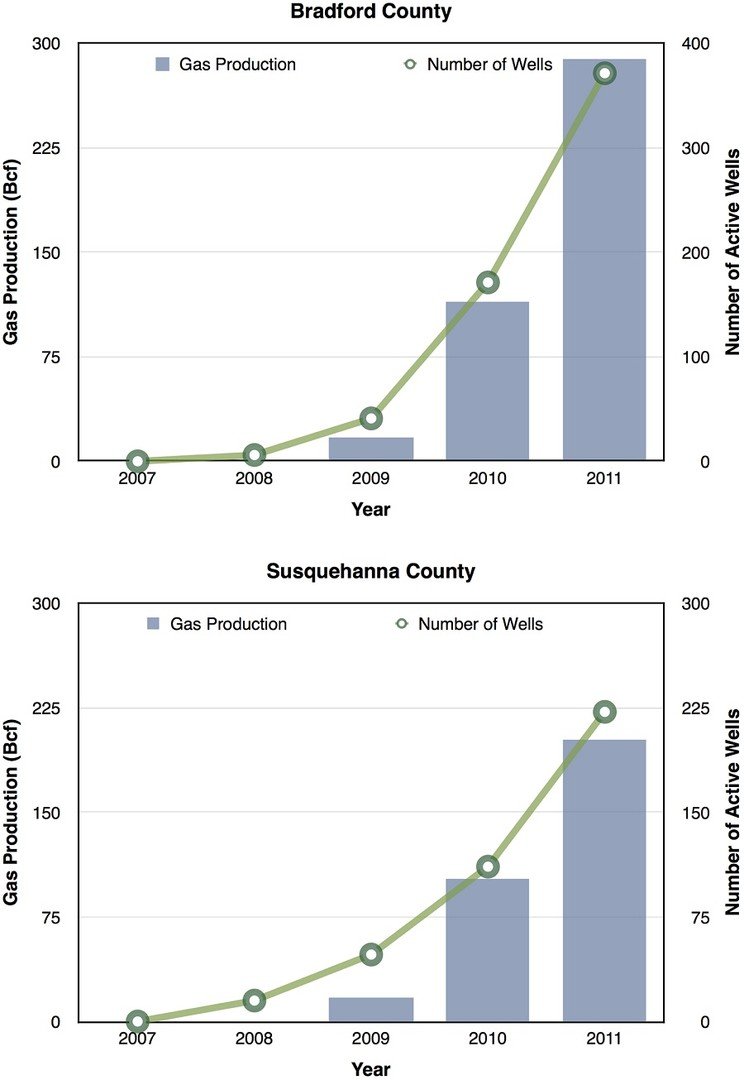
The oil and gas industry, however, denied the potential public health implications of these studies.
"While we're still reviewing this report, it cannot be lost on anyone that its authors ‒ some who are associated with anti-shale activist groups ‒ note that their so-called findings 'remain unclear' due to sound research 'limitations' which they did not account for,” a spokesman for the Marcellus Shale Coalition, an industry group, told the Philadelphia Inquirer. “That said, Pennsylvania has a world-class regulatory framework and our industry remains laser-focused on ensuring that our operations are carried out in a way that protects and enhances our environment as well as the communities where we operate."
Bruce Pitt, a professor of environmental and occupational health at the University of Pittsburgh Graduate School of Public Health and one of the study’s co-authors, told the Philadelphia Inquirer that the research he conducted, along with two other recent studies, were not enough to change the policy on unconventional gas and oil drilling in Pennsylvania. He pointed out, however, that earlier evidence was used to ban fracking in Maryland and New York.
The study’s authors recommend that the economic costs of increased hospitalizations near fracking wells ‒ which they observed over a short time span ‒ must be considered when politicians weigh the pros and cons of allowing hydraulic fracturing in an area.
The study was published in PLOS One, a peer-reviewed journal, and was supported by the National Institute of Environmental Health Sciences.






